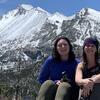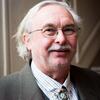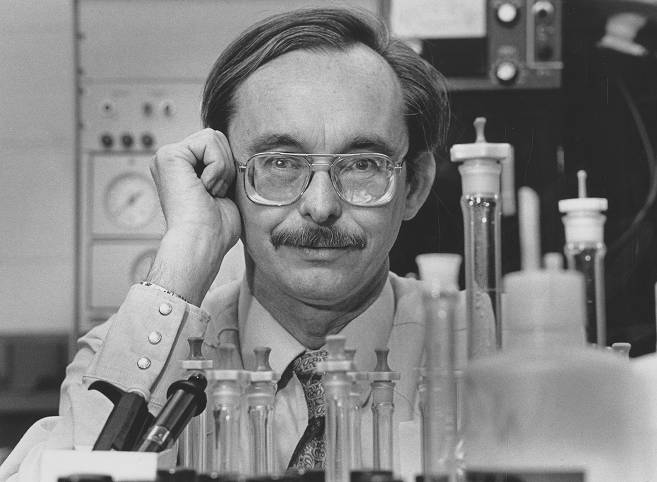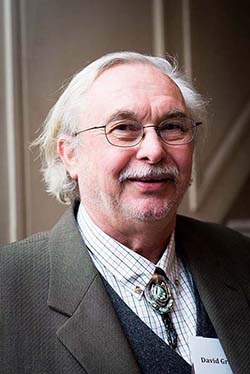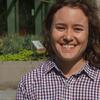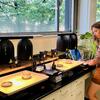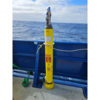From the Chair
End of the ‘G’ epoch: David Grandstaff’s epic career at Temple University
Alice Weeks founded our department determined to build a home for earth science, guaranteeing access, useful research and caring instructors here at Temple. In 1973, David Grandstaff joined that effort as an instructor. He had recently completed his master’s on his way toward earning his PhD in 1974, after which he rose to the rank of assistant professor. Later, David would twice chair the department, first in 1987 and again in 2005.
Along the way he earned recognition through teaching awards and as awardee of the Paul Eberman Award for Research Excellence. And sometime during his life at Temple he evolved from David into the ever-present, essential and enigmatic “G.”
During his fifty years at Temple, David taught thousands of students in courses spanning general education and graduate level including the history of earth and its life, physical geology, climate change, environmental seminar and a myriad of geochemistry courses. In the words of his students:
- “As a professor, Dr. Grandstaff can be tough. He makes sure you have an understanding of the material, and constantly asks you questions to make sure you've been studying. You can't get away with not knowing what you should know in the class!”
- He “held everyone in the class to a standard much higher than any professor I had previously encountered in my undergraduate career. Because cramming for an exam won't cut it, because he insists on understanding, students retain what they learn in David's classes.”
But students also saw that beneath the rigor and tough exterior, David is a “big softy when it comes to his geology and geochemistry students.” According to students:
- “Dr. Grandstaff is not just a figure in the classroom, he is a friendly face on the third floor of Beury Hall and is always more than happy to stop and chat with me and other students.”
- “He has helped me outside of academics as well. During my time at Temple, he always had time to talk to me about research, the future of my career, and life in general.”
David has been a curious and persistent researcher investigating a wide range of topics in wide flung parts of the world. My first experience with his research was his widely publicized work with George Myer on lead contamination of urban snow, which I still remember learning about in school soon after its publication and decades before I met them.
In total, with students, colleagues in the department, such as George Myer and Gene Ulmer, and other collaborators, David authored or co-authored and presented more than 275 publications.
In doing this original work, he advised 37 masters students and served on the committees of 93 other master and doctoral students. Many of these students earned best paper awards for the work they conducted under David’s guidance.
The combination of a curious mind, an openness to discussion, a positive and supportive attitude and the resulting great depth of knowledge, David has been the go-to resource for helping students succeed with their research.
Now emeritus professor, we continue to learn from David. He, more than anyone, has always been quietly present, always in the lab with students, checking equipment and solving problems. Always a face ready to smile and greet students at the tables or in the halls.
David, it seems, is still very much teaching all of us in the EES Department.
Sincerely,
Nick Davatzes
Chair

